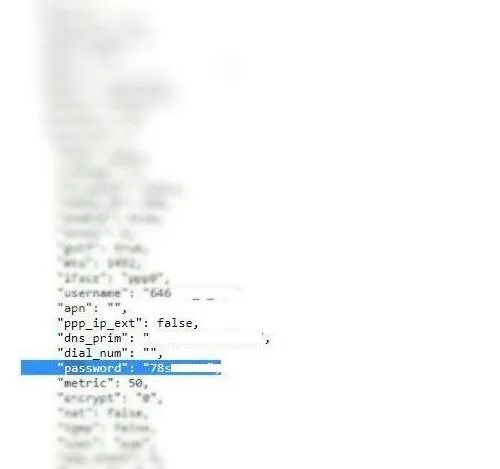You know that product security strategy, if properly integrated into DevOps process, can improve the product. But do you know, how product security can destroy the product?
Join my talk on Security Stage at the upcoming @infosharepl 2020 Online, where I will speak about “Dev, Sec, Oops” principles.
Let’s meet on 23-25 and 28-30 September 2020. Book a ticket using promo code “is20-dmakrushin” to get 10% off. Register: https://infoshare.pl/is-register/




